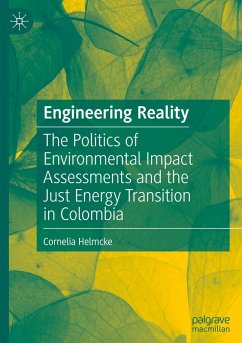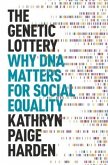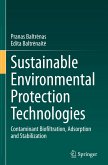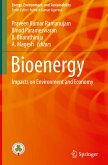Engineering Reality offers unprecedented insights into the power of environmental impact assessments in engineering a reality favourable to any investment, focusing on the highly contested environmental study of a large hydroelectric dam project in southern Colombia, El Quimbo. The inclusion of environmental impact assessments to project proposals of environmental influence has been an undeniably important step to environmental governance in many countries around the world. Regarding the science behind these studies as objective and their results as the closest in representing reality, however, is misleading. Many activists and scholars made it their mission to uncover the limitations and work towards filling the gaps. Participation processes are considered key to any successful evaluation, but local knowledges and alternative perspectives are still often disqualified through more widely accepted scientific methods. Engineering Reality systematically walks through andaccountsfor the shortcomings and injustices associated with environmental monitoring. It compares the reality as presented in the dam's environmental impact study with first-hand accounts from the local and affected populations and observations gathered through two periods of fieldwork in 2012 (before) and 2016-17 (after the dam started operating). It explores how the knowledge of the study was used politically and to what end. Bringing the findings in conversation with the wider environmental impact assessment literature, the book proposes a new framework to assess energy projects -Energy Data Justice- that regards the environmental impact assessment a strictly political tool aimed at reaching the just energy transition in Colombia and worldwide.
Bitte wählen Sie Ihr Anliegen aus.
Rechnungen
Retourenschein anfordern
Bestellstatus
Storno








